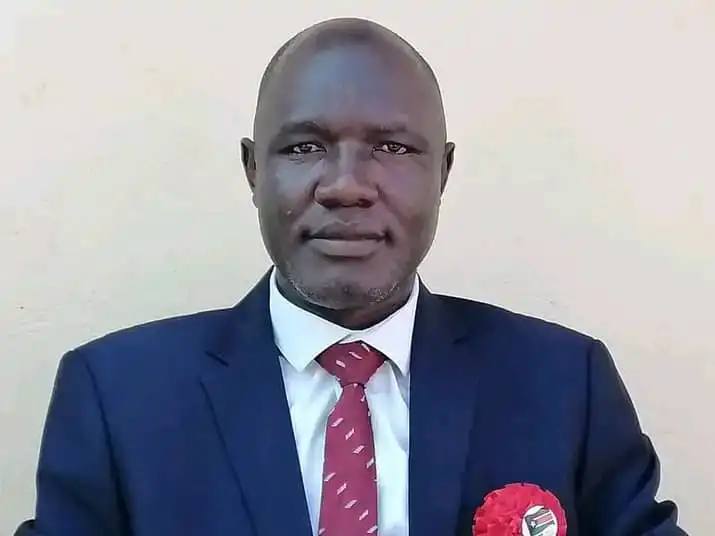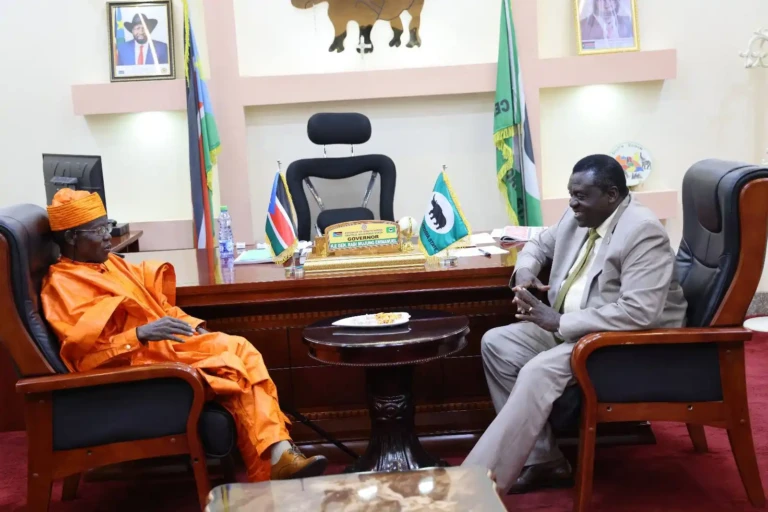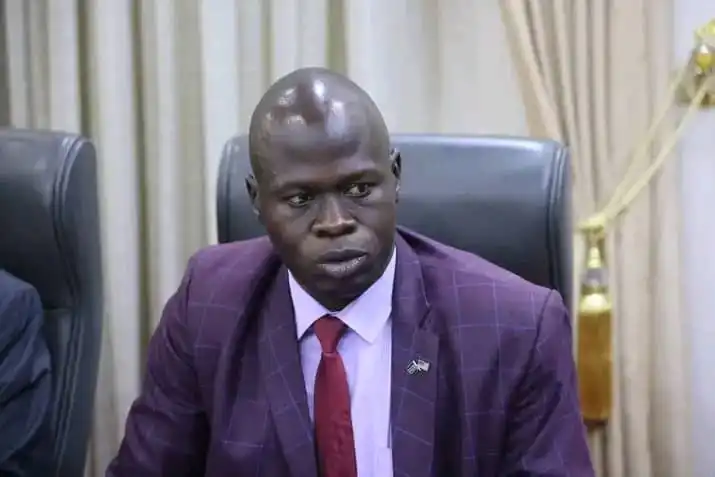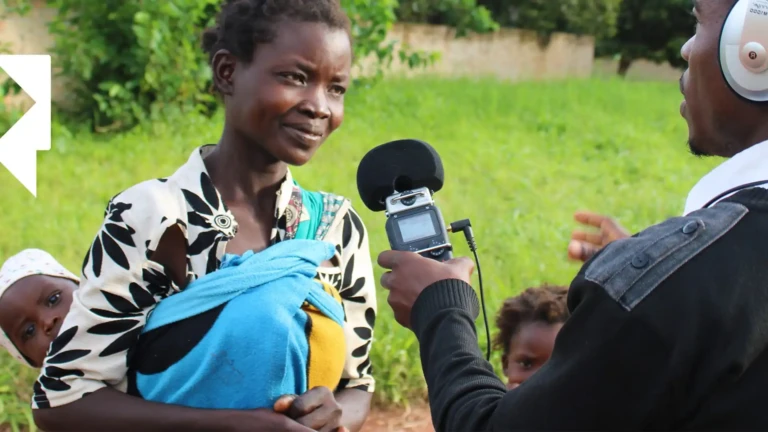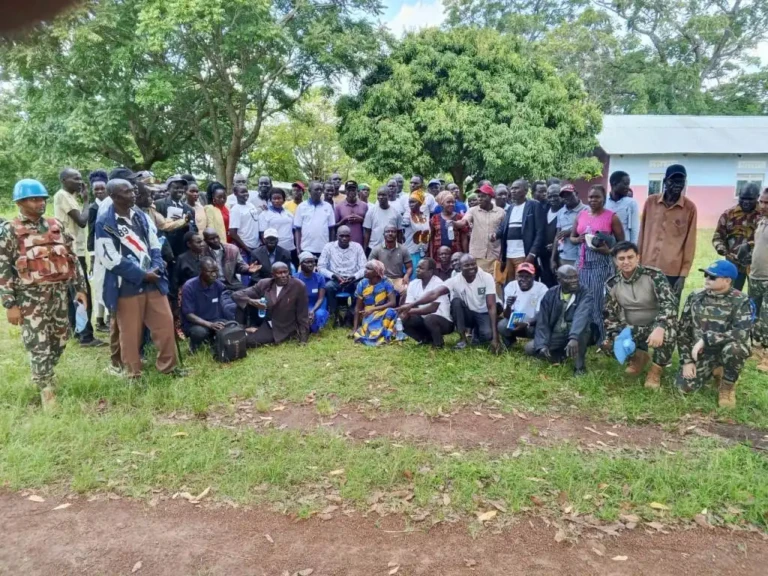![[OPINION] – Kakuwa Governance Rests on Chiefs, Not Urban Executives in Juba [OPINION] – Kakuwa Governance Rests on Chiefs, Not Urban Executives in Juba](https://radioyei.org/wp-content/uploads/2025/09/taban-kwaje-is-an-anthropologist-specialising-in-cultural-governance-and-community-identity-he-can-be-reached-at-taban-kwajegmail-com.webp)
Taban Kwaje is an anthropologist specialising in cultural governance and community identity. He can be reached at taban.kwaje@gmail.com.
(Taban Kwaje/Commentary)
On Saturday, 20 September 2025, the Kakuwa Community Association in Juba held an inauguration ceremony for its newly elected executive leaders, following elections in August. The event attracted wide attention, not only from the Kakuwa themselves but also from neighbouring communities. Through social media and digital platforms, the Kakuwa gained visibility in ways not previously seen.
This moment is worthy of recognition. Yet, listening to speeches during the swearing in ceremony and reviewing subsequent online commentary, one cannot ignore the persistence of major misconceptions about the nature and mandate of this leadership.
Many appear to assume that the Juba based executive represents the supreme authority of the Kakuwa people. This interpretation is historically and culturally inaccurate and it risks creating confusion about what Kakuwa leadership truly is and what it is not.
As noted in my previous article, among the Kakuwa, leadership has always been grounded in lineage, seniority, spiritual legitimacy and clan consensus, not in open competitive elections. Traditional authority rests with clan leaders, chiefs, spiritual custodians and councils of elders. These institutions form the backbone of governance, mediating disputes, guiding rituals and ensuring continuity across generations.
Chiefdoms remain central to Kakuwa social organisation. Families and clans trace allegiance to revered leaders such as Baraba, Banja, Lukudu and Soro (e.g., “Kou na Baraba”, “Kou na Banja”, “Kou na Lukudu”), whose legacies continue to anchor identity and belonging. Authority here is not conferred by popular vote but inherited through bloodlines, ritual sanction and communal recognition. This principle has not been displaced.
It is therefore vital to clarify that the Kakuwa Community Association in Juba is exactly that: an association of Kakuwa people living in Juba. Its jurisdiction is geographically and socially limited to those in the capital, just as other associations exist in the diaspora or in urban centres beyond Kakuwa ancestral lands.
The chiefs and elders in Yei, Morobo, Lainya and other Kakuwa homelands remain the legitimate traditional authorities. Community associations outside these homelands should function as supportive, coordinating platforms mobilising resources, promoting unity and amplifying the community’s voice without overstepping into the domain of traditional governance.
To elevate the Juba executive above chiefs and councils would invert the historical hierarchy, undermining the long-standing structures that have sustained the Kakuwa for generations.
Some may argue that traditional leadership is outdated, or that associations in urban centres should modernise community governance. But such reasoning overlooks the enduring strength of localised authority. Even in small bomas such as Ombasi, Kajiko or Sanja-Asiri, where populations are mixed, the authority of chiefs remains essential for managing diversity, resolving disputes and fostering cohesion.
The survival of Kakuwa culture depends on striking a careful balance between modern organisational tools (associations, digital platforms, elected committees) and ancestral legitimacy (chiefs, elders, councils). When respected, these systems complement each other. When confused, they create tension and fragmentation.
If we believe that Kakuwa traditional institutions are weak, then the task is not to replace them but to revitalise and strengthen them. Chiefs and elders must be supported, their roles clarified and their authority respected. Associations in Juba, Kampala or the diaspora must position themselves as allies and facilitators, not rivals or replacements.
History teaches that disregarding ancestral order risks spiritual disapproval and generational disharmony. The wisdom of our forebears cautions against usurpation. The safer, wiser path is collaboration: empowering chiefs at home while allowing associations abroad to serve as bridges for unity, advocacy and development.
In conclusion, the inauguration of the Juba executive was a proud moment for the Kakuwa community. But true legitimacy flows not from elections in urban centres but from the ancestral institutions that bind us across time. Respecting and strengthening these traditions is the surest way to preserve our identity while adapting to the demands of modern life.
Taban Kwaje is an anthropologist specialising in cultural governance and community identity. He can be reached at taban.kwaje@gmail.com.
Disclaimer
Access Radio® publishes opinion articles as a platform for diverse perspectives. The views expressed are solely those of the author. The publication of this article does not imply agreement or endorsement by Access Radio® or its editorial team. Guest contributors bear full responsibility for the accuracy of facts and claims made in their articles.
We welcome contributions from our listeners and readers. To share your opinion, email news@radioyei.org.
Discover more from Access Radio Yei News
Subscribe to get the latest posts sent to your email.

